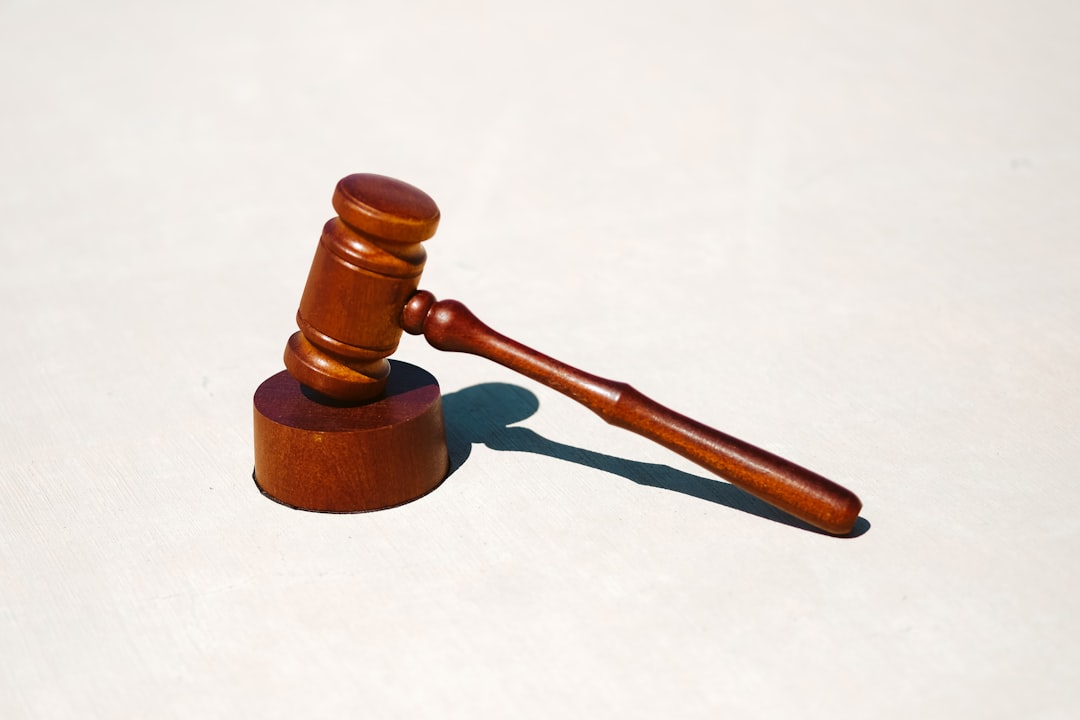Rape attorneys in Indianapolis, IN, expertly navigate legal complexities to protect clients' rights using various admissible evidence like witness statements, medical reports, forensic data, and documents. They carefully handle delicate evidence such as DNA results, medical examinations, and victim statements to avoid objections or mistrials. Medical records, witness testimony, forensics (hair/DNA), and digital evidence are crucial in building strong cases, with attorneys leveraging these tools to ensure justice through qualified professionals' expert testimonies.
In rape cases, presenting compelling evidence is paramount for justice. Understanding what’s admissible can be complex, especially in cities like Avon and Indianapolis, where stringent legal standards apply. This article guides victims and advocates through key pieces of evidence that can secure convictions: from medical records and witness testimony to forensics and digital documentation. For those seeking guidance from rape attorneys in Indianapolis, IN, this insight is essential for navigating the legal landscape effectively.
Understanding Admissible Evidence in Rape Cases

In any criminal case, including rape cases, understanding what evidence is admissible is crucial. Admissible evidence refers to information or physical proof that a court deems reliable and relevant to the case. This includes statements made by witnesses, medical reports, forensic evidence, and other documents that can help establish the facts of the incident. Rape attorneys in Indianapolis, IN, are well-versed in navigating these legal intricacies to ensure their clients’ rights are protected.
When it comes to rape cases, certain types of evidence are particularly sensitive due to the nature of the crime. For instance, DNA evidence, medical examinations, and the victim’s statements are commonly used to build a strong case. Rape attorneys must be adept at handling this delicate information while adhering to legal guidelines, ensuring that all evidence presented is not only relevant but also obtained and handled properly to avoid any potential objections or mistrials.
The Role of Medical Records and Exams

In rape cases, medical records and examinations play a crucial role in providing evidence. The victim’s trip to a hospital or clinic for treatment immediately after the assault is often a critical step in gathering admissible evidence. These records can include detailed accounts of the incident, physical findings from medical exams, and laboratory results from any tests conducted, such as DNA analysis. Rape attorneys in Indianapolis, IN, understand the importance of these documents in building a strong case.
Medical professionals who conduct examinations have specialized knowledge and training, making their testimony highly credible. They can provide insights into the victim’s injuries, the presence or absence of certain physical evidence, and even testify to the likelihood of an assault based on their observations. This expert testimony can significantly strengthen a rape case in court, helping juries understand the medical aspects of such crimes and ensuring that justice is served by presenting compelling evidence through qualified healthcare professionals.
Witness Testimony and Its Significance

In rape cases, witness testimony holds immense significance as it can provide crucial insights and perspectives that may otherwise remain unknown. The presence of reliable witnesses—be they victims, bystanders, or experts—can greatly enhance the admissibility and strength of evidence in court. Rape attorneys in Indianapolis, IN understand the critical role these testimonies play, as they can corroborate or confirm the victim’s account, providing a compelling narrative that helps secure justice.
Witnesses may offer firsthand accounts of the events leading up to, during, and after the assault, detailing behaviors, conversations, and circumstances that support the victim’s claim. This testimony is particularly valuable when there are no physical evidence marks or DNA matches to rely on exclusively. It adds a human element to what can be a traumatic experience, allowing jurors to connect with the reality of the situation. Rape attorneys in Indianapolis, IN strategically utilize witness testimonies to build robust cases and challenge any reasonable doubt that may arise during legal proceedings.
Forensics: Hair, DNA, and Other Physical Evidence

In rape cases, forensics play a critical role in building a strong legal case and securing justice. Among various forensic tools, hair and DNA evidence are particularly significant. Hair samples can provide valuable insights into the physical characteristics of the perpetrator, linking them to the crime scene or the victim. Additionally, DNA analysis can definitively match biological material found at the scene—such as blood, saliva, or skin cells—to the accused, establishing a direct connection.
Other physical evidence, including fiber, fingerprints, and photographs, also contribute to forensics in rape cases. These pieces of evidence are meticulously collected and analyzed by experts, enhancing the credibility of the case. For rape attorneys in Indianapolis, IN, these forensic tools are indispensable assets when presenting a compelling defense or supporting prosecution, ensuring that every detail is scrutinized and every piece of evidence is given its due weight under the law.
Documenting and Presenting Digital Evidence

In modern times, digital evidence plays a significant role in rape cases. With advancements in technology, rape attorneys in Indianapolis, IN, now have access to various forms of digital data that can strengthen or weaken a case. This includes mobile phone records, social media activity, camera footage from security systems, and online communications. Documenting this evidence is crucial; it involves capturing screenshots, preserving original files, and meticulously organizing the data for court presentation.
Presenting digital evidence effectively requires expertise and strategic planning. Rape attorneys must ensure that the source of each piece of evidence is authenticated and its relevance to the case established. This process often involves complex legal arguments regarding privacy, consent, and the admissibility of digital information. Proper documentation and presentation can significantly impact the outcome of a rape trial.






